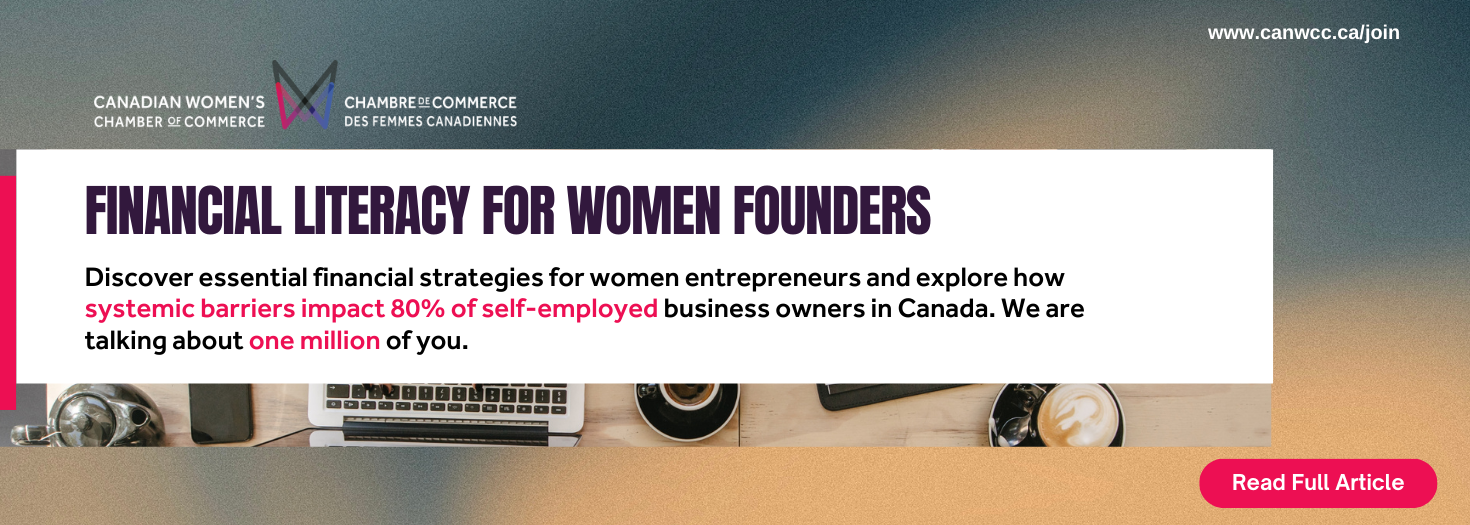Do Women Need Their Own IP Strategy?
Organizations around the world, such as the World Intellectual Property Organization and the United Nations Institute for Research and Training, are working to help women. If your business relies on innovative ideas, systems, or products, consider following their activities to learn more.
At this point, the world is fully aware that women can do it all. Nevertheless, systemic gender bias continues to roadblock women at many turns, including in the STEM and business worlds.
It’s Patently Obvious
Why do I mention these paths, specifically? Well, because I just learned that the difference between patents filed by women and men is a shocking 1:7 ratio. In Europe, the numbers aren’t much better than in Canada. What causes this, and what can we do about it? What are the ramifications of such a male-dominated statistic?
A recent trend for Canadian businesses was to file patent applications in the USA. However, cross-border business relations are set to change in 2025. Could this be the impetus for a Canadian strategic plan to encourage more women to obtain patent protection for their inventions?
Women Welcome?
There have been too many reports and news articles to link here that describe the many varied and depressingly unchanging factors that mean women just don’t “make it” in the STEM world. Women coders, specifically, tend to change careers after only 5 years, due to a combination of an unreasonable pay gap, sexism and harassment, and a bro culture that drives everything. The gender gap is so bad it’s going to take 100 years to close.
Although patents don’t necessarily result from engineers' inventions, a large percentage do. As research shows, it’s not that women aren’t completing these degrees; it’s that they’re finding the workplace difficult to navigate. Women make up one-third of students enrolled in STEM.
It begs the question: What if we funded women inventors outside the corporate cultures that don’t welcome them? Is the solution to gender equity in patented inventions simply to remove the social barriers to unleash women’s creative potential?
What Counts As Intellectual Property?
Now, Intellectual Property (IP) is more than just patents. The value of intellectual property explains why investors are always interested in what IP your business owns. It can massively impact your business valuation and investability.
According to BDC, “Intellectual property (IP) covers products, artistic or literary works, inventions, logos and other things that are created and have legal protection as an intangible asset. An idea in itself is not IP.”
This means that businesses in the retail sector, the arts industry, or other “typically” women-dominated industries can still boast about their IP, even without that iron ring on their pinkie finger. You don’t need to be an inventor to have something to protect - IP is what makes your business unique and valuable, and it should be part of every woman’s business plan as a result.
At The Forefront Of IP Advocacy
Our good friends at the Canadian Women’s Chamber of Commerce (CanWCC) are new partners with the Canadian Intellectual Property Office (CIPO) on their recently created Women’s Business IP Strategy. Sign up for CanWCC news to hear about CIPO’s upcoming IP Bootcamp and future IP webinars, similar to the one CanWCC recently held for Flip the Script program participants who are preparing for investment.
If you’re not a member yet, consider joining CanWCC’s business membership. CanWCC is the only chamber of commerce with equity pricing, which means depending on your stage of business, you can pay as little as a dollar for your annual membership. Advocacy shouldn’t be another cost for women-owned businesses in a system that wasn’t built for their financial success.
Have Your Voice Heard
CanWCC gets feedback from its 1000+ members and uses this to make policy recommendations to the federal government that help break down the barriers women face. Thanks also to research completed under the current government’s Women’s Entrepreneurship Strategy, they have vast insights into some of the small but impactful changes needed.
Joining an organization like CanWCC means your voice is heard. As Founder & CEO Nancy Wilson frequently comments, “The more of us there are, the harder we are to ignore!”
Flip the Script is funded by the Government of Canada through a grant from Innovation, Science and Economic Development (ISED)’s Women’s Entrepreneurship Strategy.












